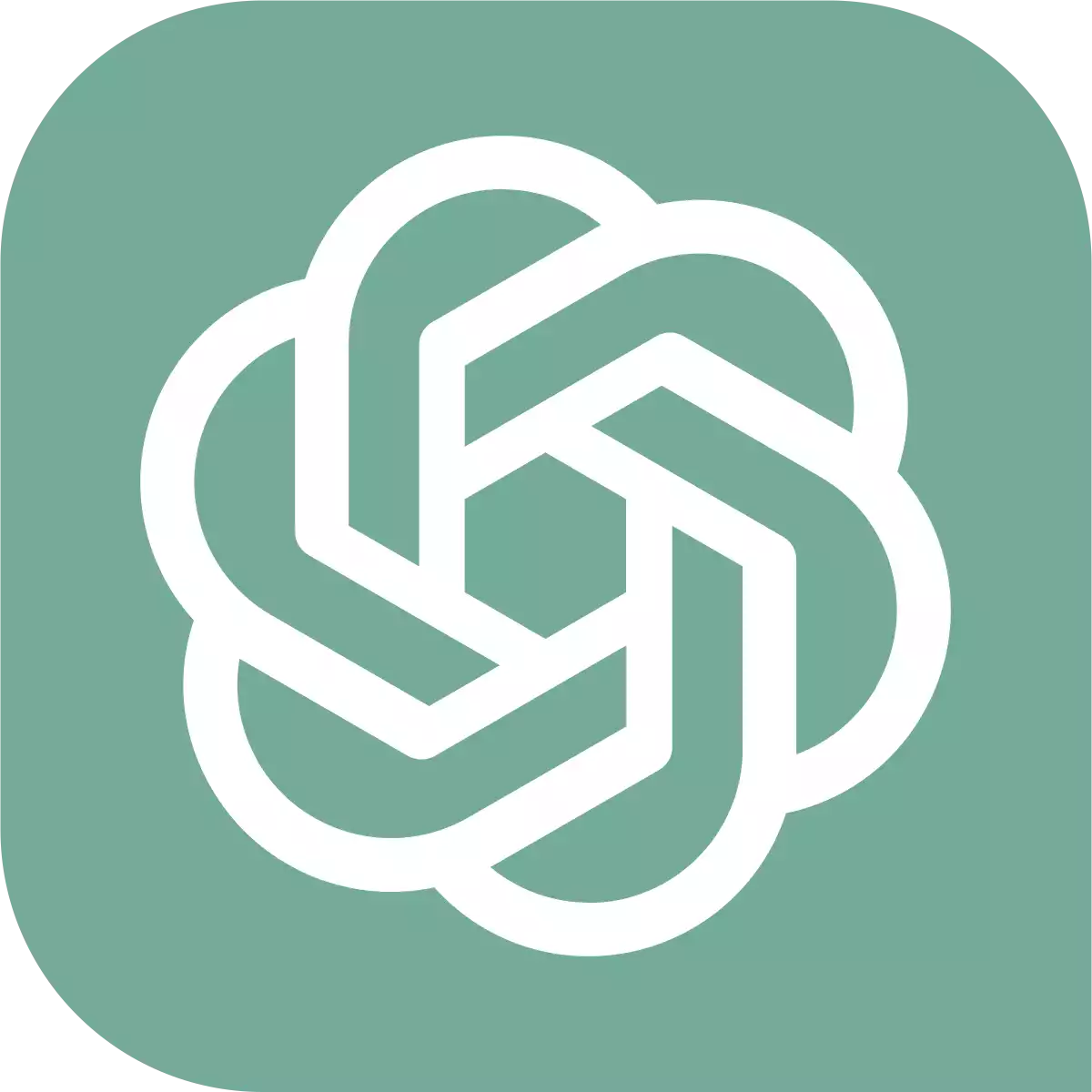April 11, 2024|3 min reading
Does ChatGPT Make Students Lazy? Exploring the Impact of AI on Student Behavior

In the realm of higher education, the rapid integration of generative artificial intelligence (AI), such as ChatGPT, into academic settings has sparked a significant debate: does this advanced technology serve as a helpful educational tool or does it encourage laziness among students? Recent research seeks to untangle these concerns by examining how and why university students use ChatGPT and the effects it has on their academic life.
The Appeal of ChatGPT in Academia
ChatGPT offers students a convenient way to generate essays, solve complex assignments, and assist with research, effectively reducing their workload and academic pressure. This AI capability is particularly attractive in high-stress environments where students are bogged down by tight deadlines and heavy academic loads.
The Downside: Risks of Overreliance
However, reliance on AI for academic tasks is not without its pitfalls. Studies indicate that frequent use of ChatGPT can lead to increased procrastination, memory loss, and even a decline in academic performance. Students might delay tasks believing they can rely on AI to complete assignments quickly, which diminishes their engagement and effort in learning processes.
Academic Integrity and the Quality of Learning
The use of ChatGPT also raises questions about academic integrity. The AI's ability to generate detailed responses can facilitate plagiarism and undermine the development of critical thinking and problem-solving skills. This situation poses a risk to the credibility of educational institutions and the value of the degrees they offer.
Empirical Insights
Empirical studies have shown that students facing high academic workloads and time pressures are more likely to use ChatGPT. Interestingly, those sensitive to academic rewards—like grades—tend to use AI less, likely due to fear of being penalized for plagiarism. This indicates a complex relationship between student motivations, the perceived benefits of AI use, and the potential academic consequences.
Future Implications and Recommendations
For educators and institutions, these findings highlight the need for policies that manage AI's role in education responsibly. Strategies could include:
- Developing assignments that require critical thinking, making it difficult for AI tools to complete alone.
- Incorporating AI literacy into the curriculum to ensure students understand both the capabilities and limitations of AI.
- Encouraging a balanced approach where AI complements academic efforts rather than replaces them.
Conclusion
While AI like ChatGPT can be a powerful tool for educational enhancement, it becomes detrimental when overused or relied upon too heavily. Educators need to foster environments that encourage genuine learning and integrity, preparing students not only to pass their courses but to excel in real-world applications beyond their education.
Tools referenced
Explore more

Unlocking the Mind: How AI Reconstructs Thoughts with Medical Imaging
Discover how combining medical imaging and diffusion models can reconstruct images of thoughts. Explore the fascinating ...

NVIDIA: Leading the AI Revolution
Discover how NVIDIA is pioneering the AI revolution, transforming industries with advanced GPU technology and ethical AI...

Will AI Replace Programmers and Software Engineers? Future of Coding Jobs
Discover if AI could replace programmers and software engineers. Explore the impact, benefits, limitations of AI in pro...

